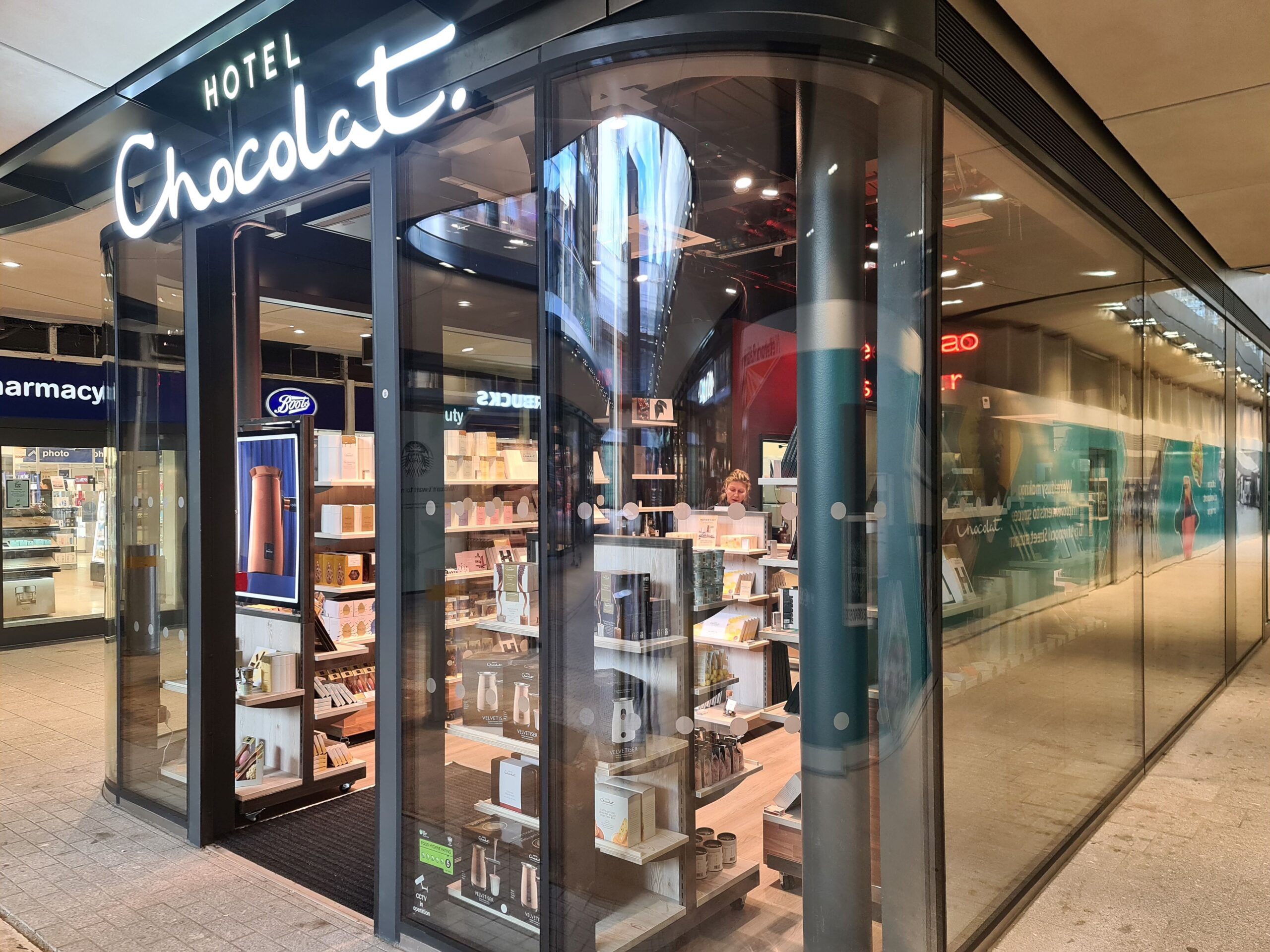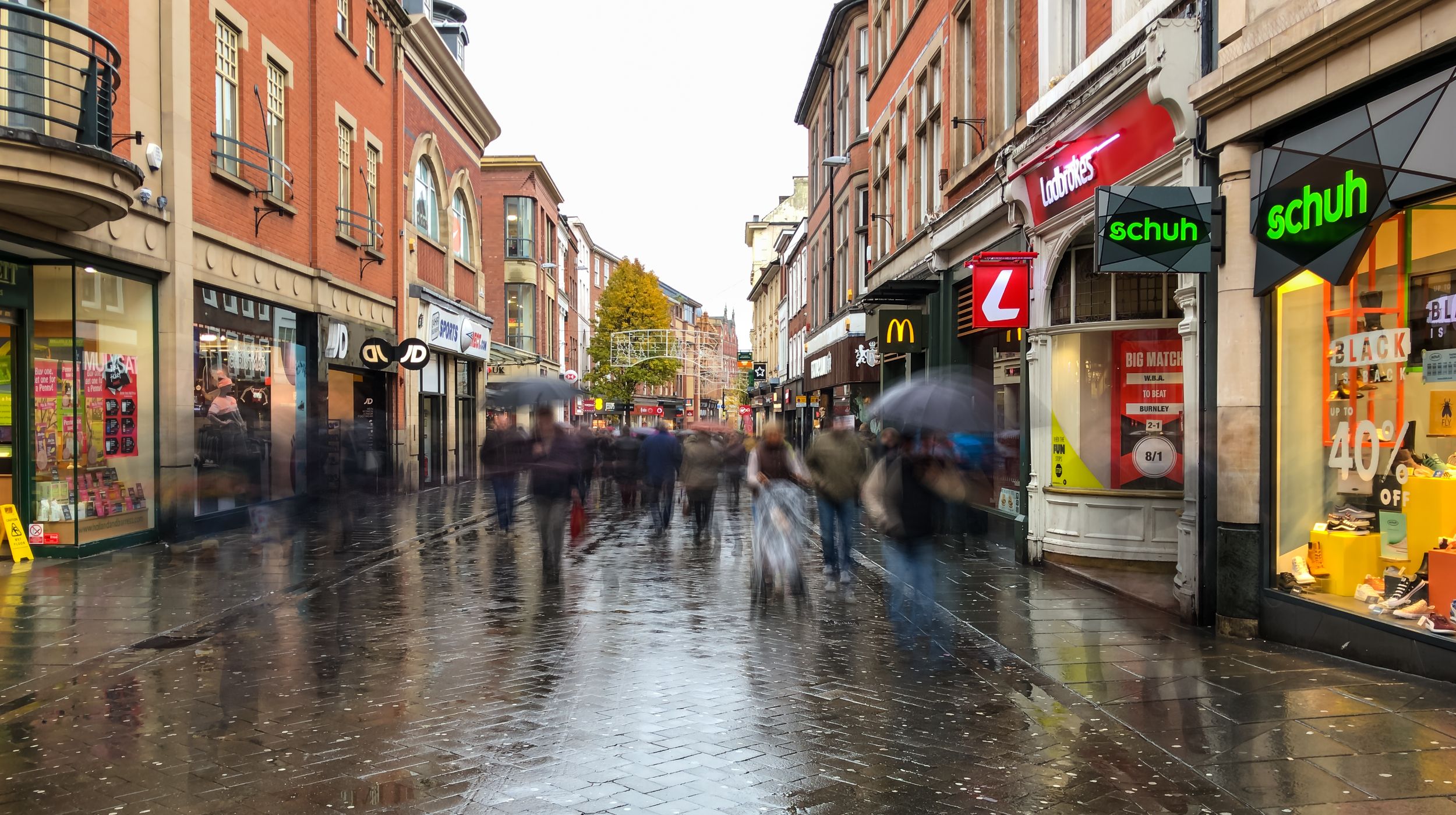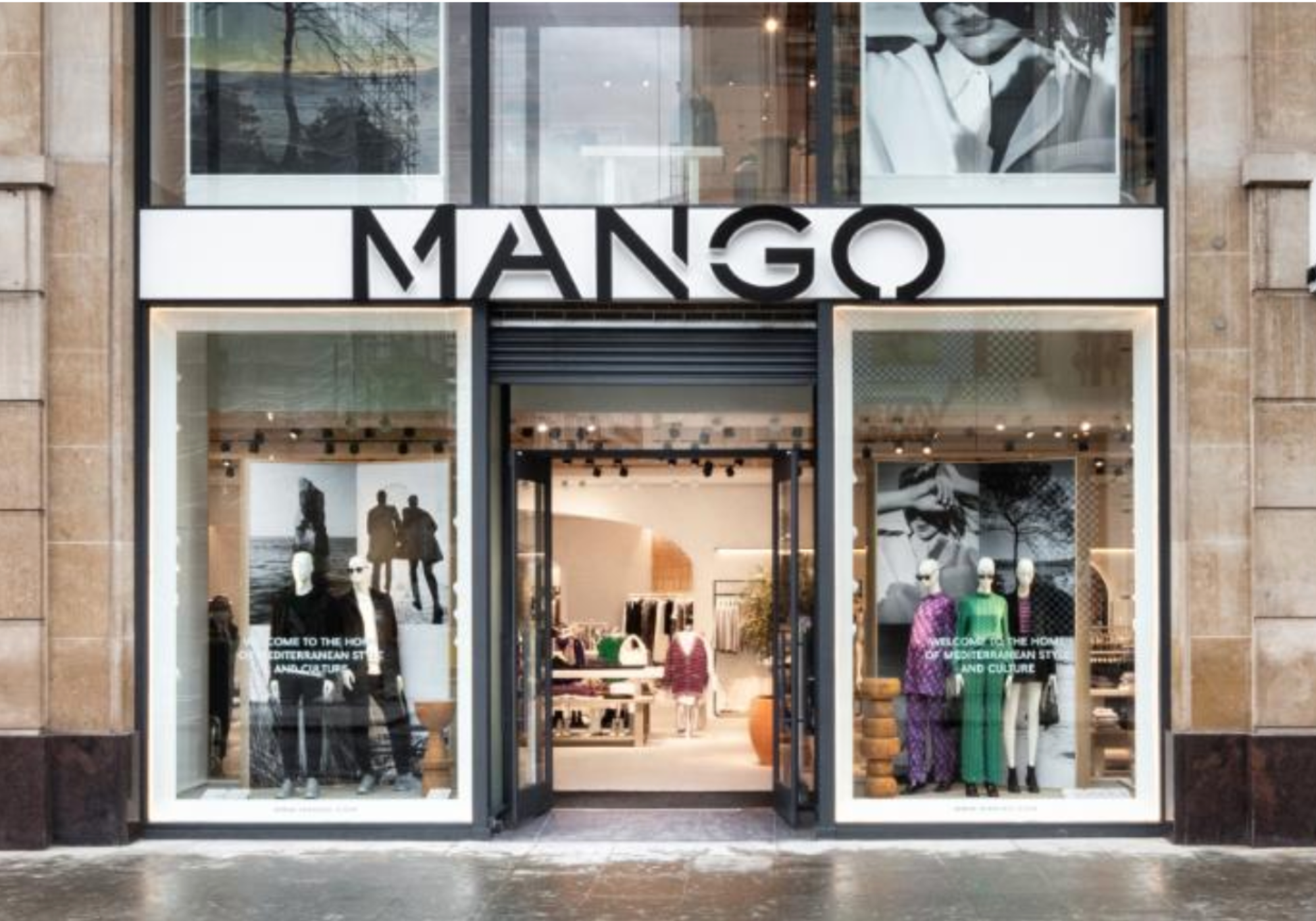Later this month senior European retailers will be gathering in Berlin for the first InternetRetailing Summit to debate and discuss the current state and future development of ecommerce and multichannel retail. Today we hear from Stephen Richards, director of logistics at AO.de, who will be leading a summit discussion on the subject, Can profitable fulfilment in the new world of any time anywhere shopping be viable?
Internet Retailing: You’re leading a discussion at the InternetRetailing Summit in Berlin on whether profitable fulfilment in the new world of anytime anywhere shopping can be viable. Why is this subject important now?
Stephen Richards, director of logistics at AO.de: The business I’ve been in has been a pureplay internet business for more than 15 years. What we found drove online shopping in the UK – and now we’re finding it in mainland Europe – was convenience for the consumer. That’s what made people trust and buy from you. What we can’t do now, now that people are more comfortable with shopping online, is to then start taking away the reasons that got them there in the first place. Convenience lies at the heart of this for the customer. What we have to do is find a way of being able to fulfil what the customer needs in a way that is cost-effective – but not just look purely at the cost of the actual distribution. By not offering that flexibility, what does it cost your business in lost sales. I think we have to look at it holistically.
In the industry, people often talk about the customer’s desire to have the product next-day or the same day as a big problem. But as a consumer, when you’re buying it you want exactly the same service. Why is it a problem when you’re having to fulfil it than when you’re wanting it? In general I think the customer is more reasonable than we think. It depends on the type of product but the fundamental reason online shopping happened was convenience. We can’t take that convenience away.
What I’m hoping will come out in the discussion is that customers are fair and will pay for what seems reasonable. One of the reasons we invest in our own network is to give us flexibility. For us it works, but again, if you’re a fashion retailer it’s a lot more expensive to set up your own in-house distribution. Logistics is about finding solutions. Things tend to be simple – it’s finding the solution the simplicity that can be a bit more difficult.
IR: Are there external factors that we need to take into account here?
SR: We’ve had a good run on the cost of fuel for the last few months – it will always be a variable that you can’t control, only mitigate your exposure. You have to control the controllables and make sure you’re delivering as efficiently as possible and with a level of service that your business demands from you. You should never think of your logistics solution purely in isolation. If you look at AO’s growth story, it has been driven by exceptional service standards and changing the delivery experience. We have managed to accelerate this over the last eight years as we have brought logistics in house, making us able to take logistics decisions with the retail impact in mind.
IR: In recent years, AO has moved into Germany and more recently the Netherlands. Do you use the same model developed in the UK in continental Europe?
SR: Yes we do. We are following the same model scaled to the current demands of the business. A lot of people talk to us and say why not use a third party delivery service and reduce your set up costs. It is not right for us. We know our point of difference in the UK is our delivery, the end-to-end journey for a customer. We know how much better we are now we own the last mile than what we were before that. We believe the people in our business care more about what we do so why would we not replicate that in the countries we go into?
IR: What are the challenges in doing that?
SR: Germany is a big country! The Netherlands is a lot simpler: smaller geographically, population centres a lot tighter. As the business scales in Germany it’s making sure have right infrastructure to serve it in the right way and maintain that customer experience.
IR: Are there cultural expectations around delivery and other operations?
SR: You have to be a local retailer, offering local payment methods – that’s a massive learning we got early on. We have had amazing reviews in Germany. By replicating our model built over the years in the UK, our German customers are loving the service we provide them. The reviews we are getting are amazing. We score around 82% to 84% Net Promoter Score in the UK, which is off the scale. In Germany we are scoring 94%! Do I necessarily think our German delivery is that much better than the UK? No but we are providing level of service which is different than what customers are used to. The other challenges are understanding the legalities of what we can do in the UK and what we can’t do in Germany. There are elements of it that you can’t cookie cut from the UK and you have to modify it, but without compromising the core principles of what you’re doing.
Differences in working time rules need to be factored into our thinking. When we set up in a new territory, we set the business and its supply chain from that country so we are not exporting or importing. It’s simpler for us and means we can just work in that country with the rules that apply.
Data protection is much stronger in Germany than UK: it’s all about local interpretation and rules and that adds to the complexity but that is where you have to do your homework and know what they are so you don’t run into problems but modify your operation by looking at those regional variations.
To serve the Netherlands, we centrally warehouse the product in Germany but it’s held for the Dutch business, so it’s the Dutch business’ stock, from Dutch suppliers.
IR: How do you see logistics developing in the future?
SR: The consumer will continue to drive it. Uber have thrown a big stone into the water and looking at the way you rate/get real time feedback of quality on the road is going to have a ripple effect. Social media is becoming more important. We have something like 1.7m followers on Facebook, which is unbelievable for a business that sells washing machines. What happens is that you become very visible and your customers are very visible. We tell our drivers we have 1.7m followers on Facebook so if you give a great customer experience, we’ll make you famous but if you give a bad experience you’ll be really famous. I think the customer’s voice about your performance and what you do will amplify because social media is a lot easier to use and it is instant. It used to be notorious that UK consumers didn’t complain but now we complain like hell – online. It’s taken the shackles off. That’s great for us as a retailer it allows us to keep improving.
Delivery options won’t expand massively more – we’ve probably been through the period of huge diversity. The challenge now is how do we make this work. When I work from home I can sometimes see three different delivery vans in my street. Is that sustainable? Recruitment of drivers is already proving a challenge across Europe. There is a shortage of people who have the skills to perform the services we all need.
Uber have disrupted the taxi market with their operating model. Some major online retailers and carriers use private individuals to deliver things . How do you then control your customer experience? We saw the issue with third party carriers, but if you use an individual how do you maintain your brand integrity all the way down the customers front door? This will be an area of challenge, with the sheer number of items being delivered.
IR: What other subjects do you think participants in the summit discussion will raise?
SR: Returns is always a big topic – though for fashion retailers more than us. People can buy five of one thing and send four back – that will provoke comment, always does. At least in our business, can’t buy three washing machines and send two back. Then there is the whole fraud element. How do you protect your business without making it impossible for genuine people to buy from you.
Stephen Richards will be leading a discussion on profitable fulfilment in the new world of any time anywhere shopping at the InternetRetailing Summit, which takes place at Andel’s Hotel, Berlin between June 27 and June 29.
That will also be the location for the launch of the InternetRetailing Europe Top500 (IREU 500).
To find out more visit the InternetRetailing Summit page or contact Andrew.Britten-Austin@internetretailingevents.com.






